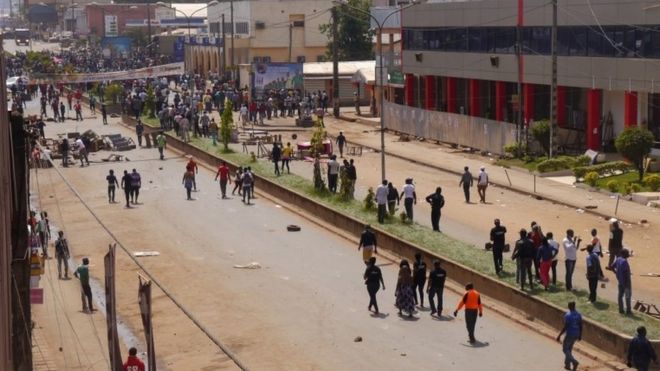By: Nicole Hoerold
Impunity Watch Reporter, Asia
Phnom Penh, CAMBODIA — In May 2016, the government of Cambodia detained five human rights defenders. The government alleges that these individuals criminally assisted a woman in making false claims while under investigation by the Cambodian Anti-Corruption Unit. On January 25, 2017, two human rights experts called on the Cambodian government to release the detainees, as the charges against them were ruled “arbitrary” by the UN Working Group on Arbitrary Detention.

Cambodia is a signatory to the International Convention on Civil and Political Rights, which explicitly prohibits the “use of criminal provisions as a pretext to suppress and prevent the legitimate exercise of the right to freedom of expression and to silence human rights defenders.” In May 2016, UN human rights experts sent a joint urgent appeal to the Cambodian government on the status of the five detainees. The request has yet to be addressed.
Experts are concerned about a lack of transparency in the Cambodian legislature as well as conflicts between Cambodia’s political parties. In September 2016, a spokesperson for the UN Office of the High Commissioner for Human Rights expressed concern on this topic, noting that there is a high degree of intimidation and opposition between the country’s political groups.
Despite an international call for action, the Cambodian government has yet to respond and continues to detain the five human rights activists.
For more information, please see:
UN – International Convention on Civil and Political Rights – 19 December, 1966






